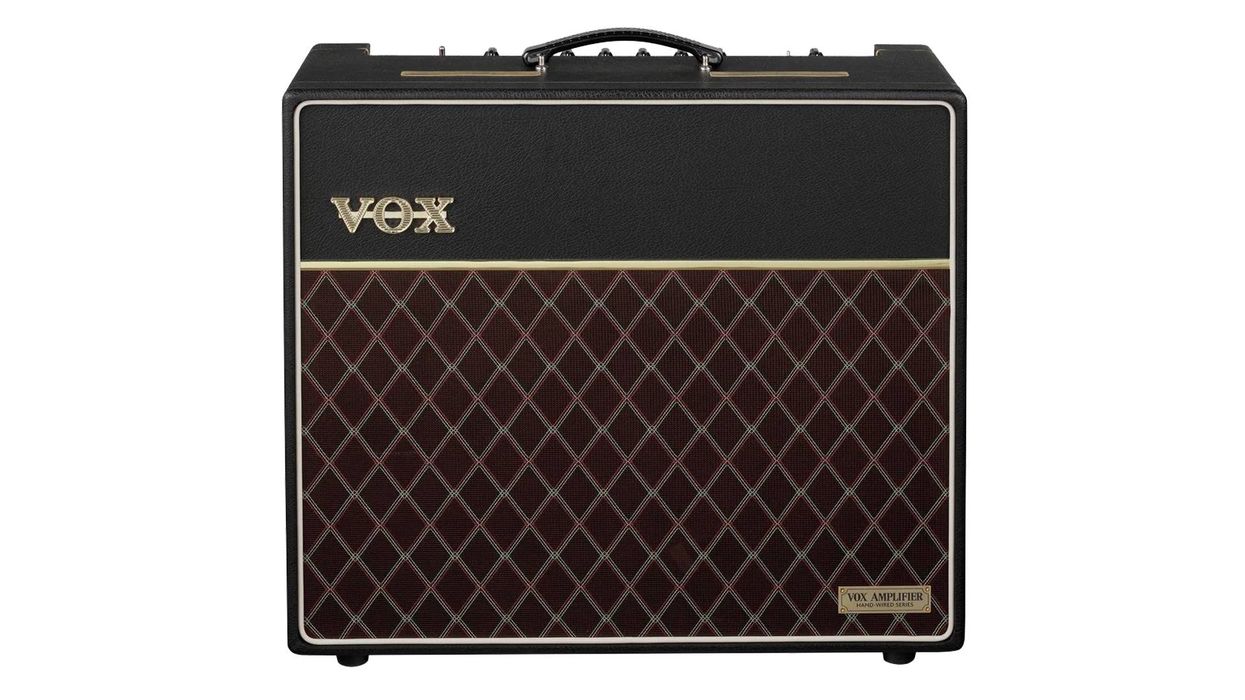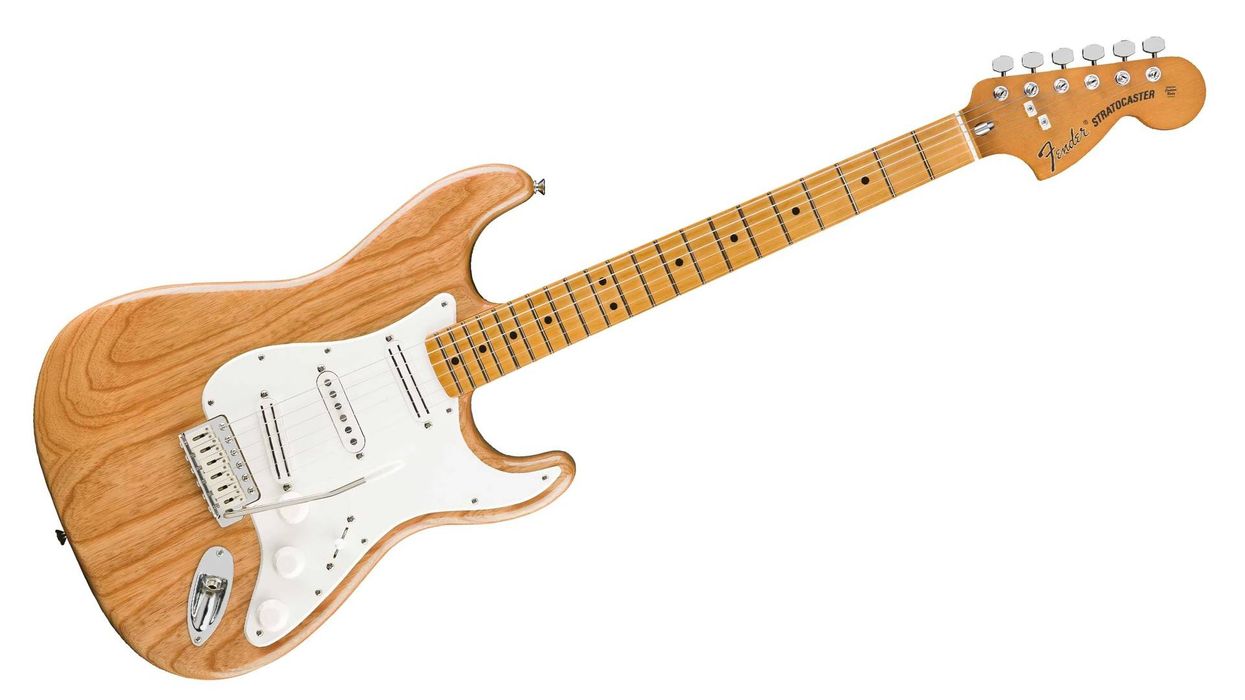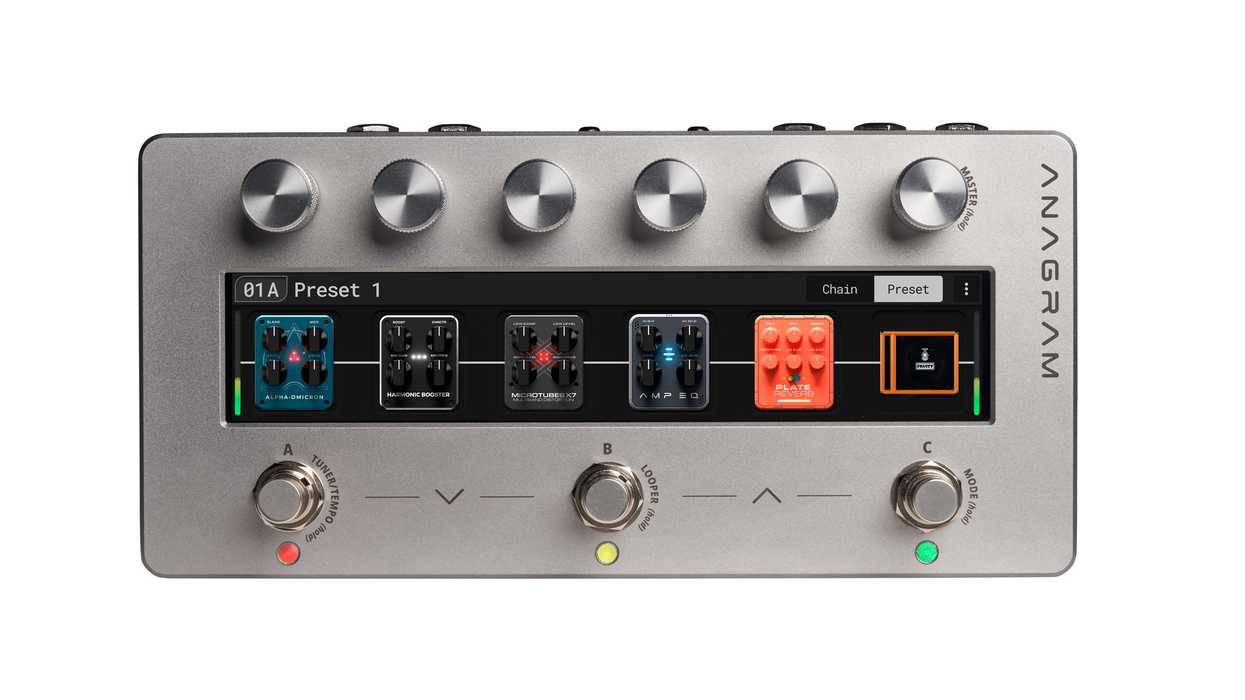Hands-down the pedal freak of the band, Wickersham travels heavy with three stompboxes—a Boss TU-2 Tuner, an MXR Micro Amp that he utilizes as a clean boost to push the amp a bit more while still retaining the guitar’s natural tonal characteristics, and a J. Rockett Audio Designs Archer that he uses as a fairly-transparent dirt box that fills his tone out and adds harmonic richness.
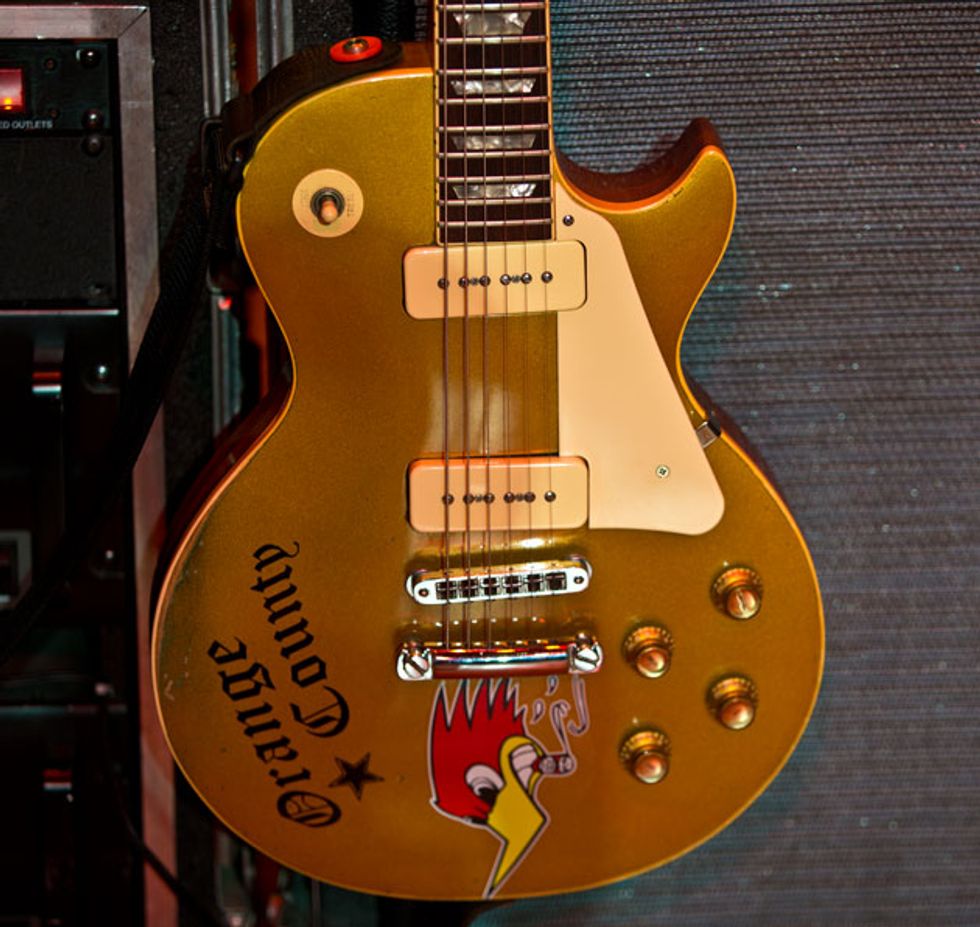
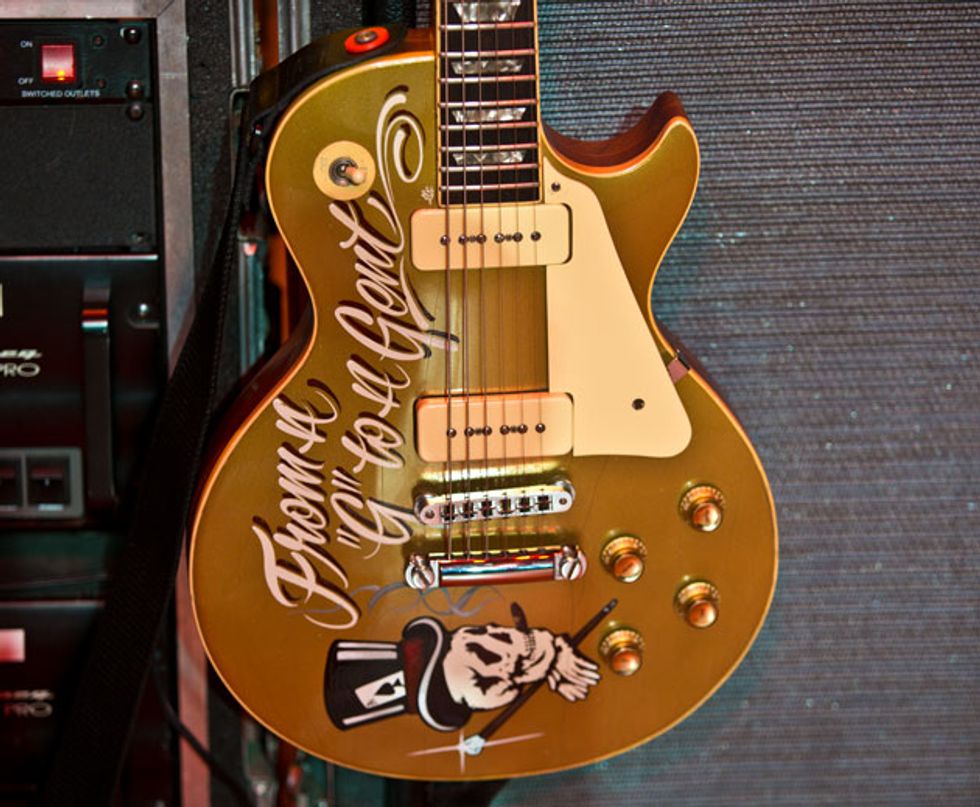
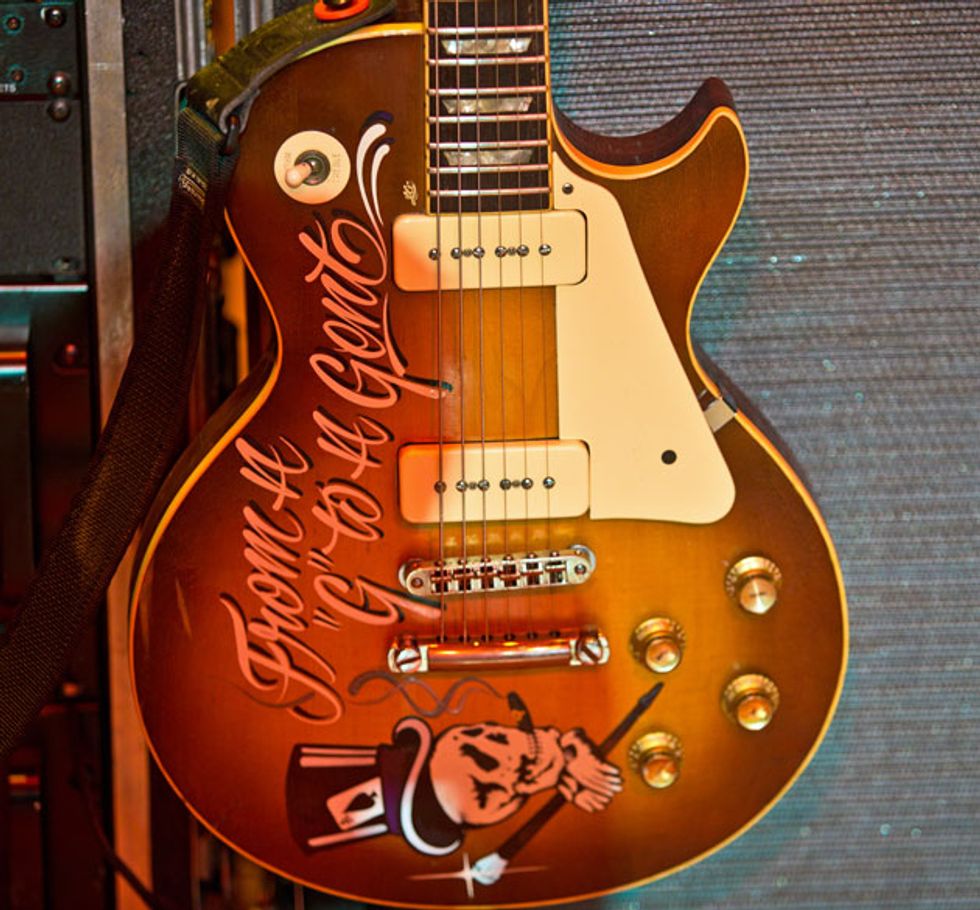
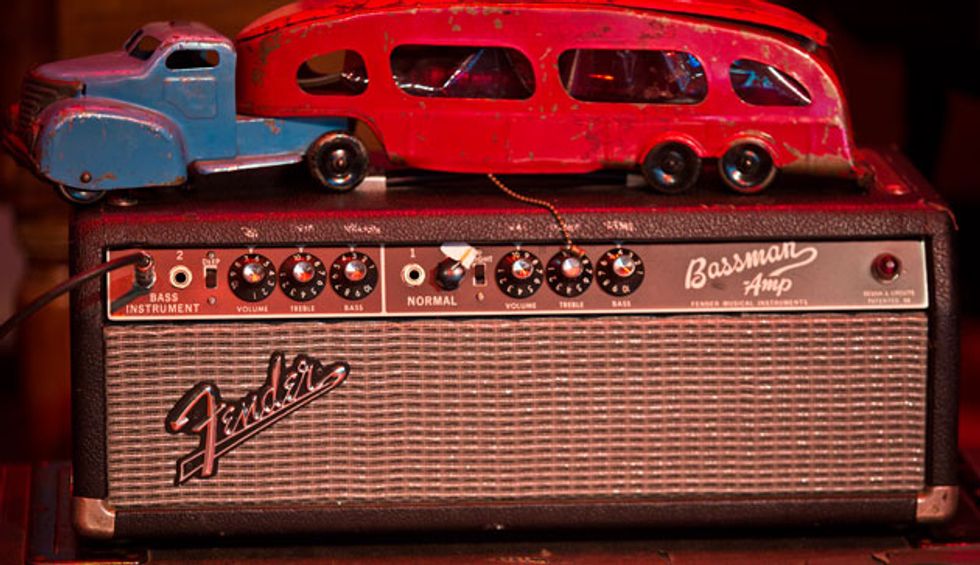
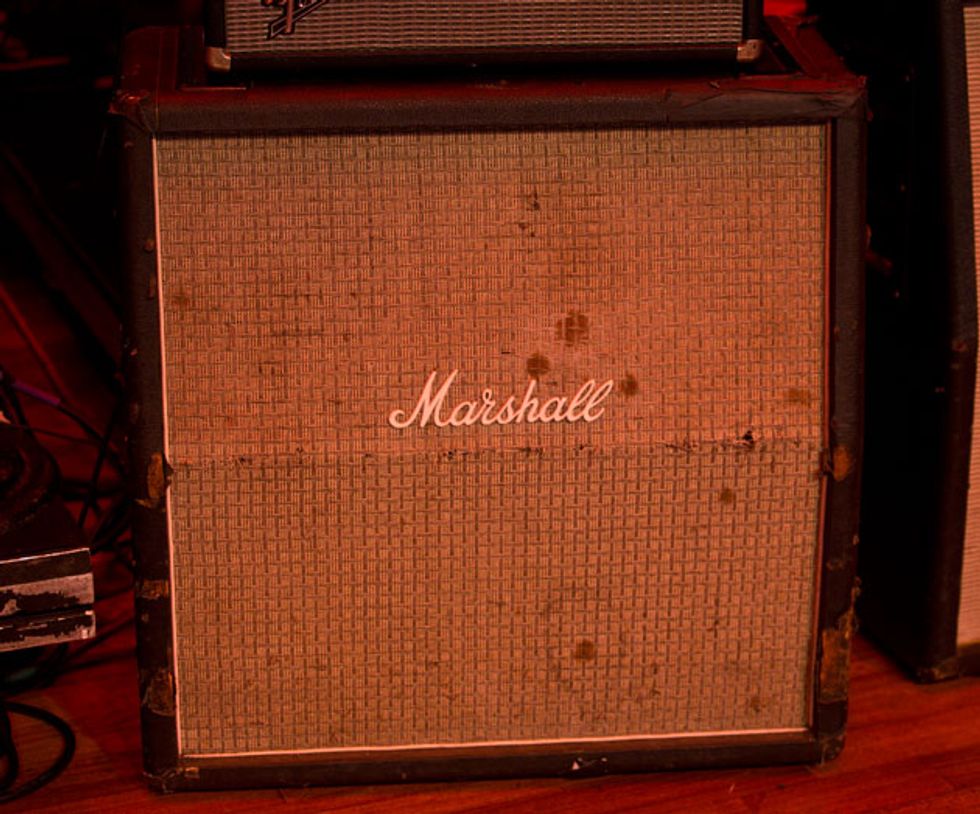
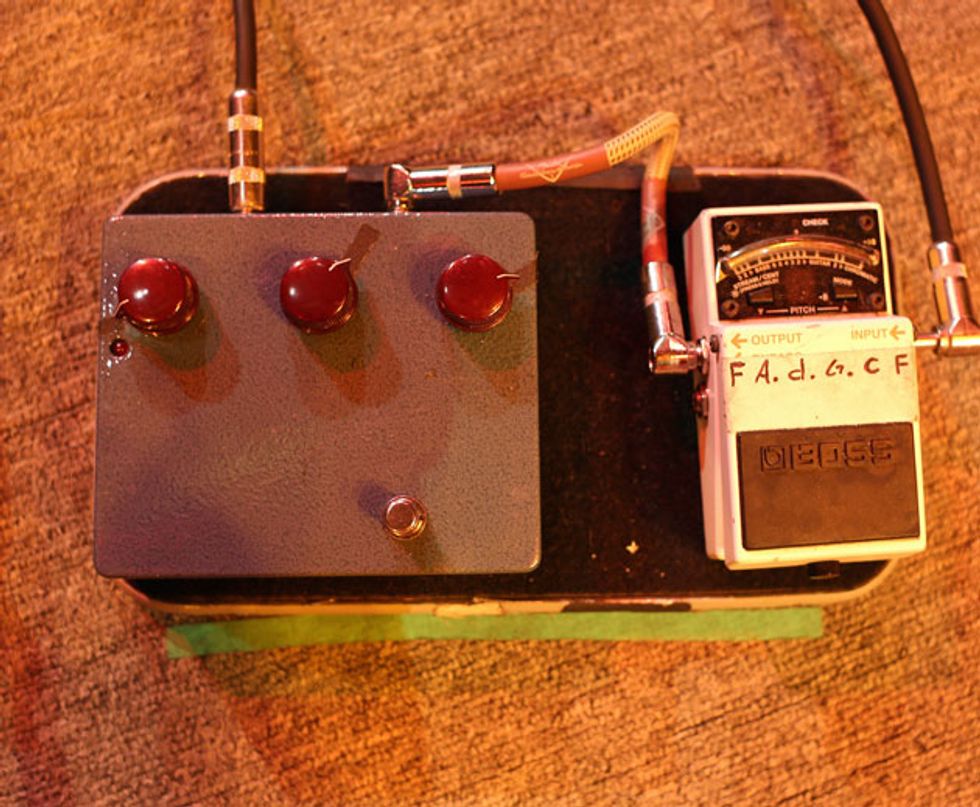
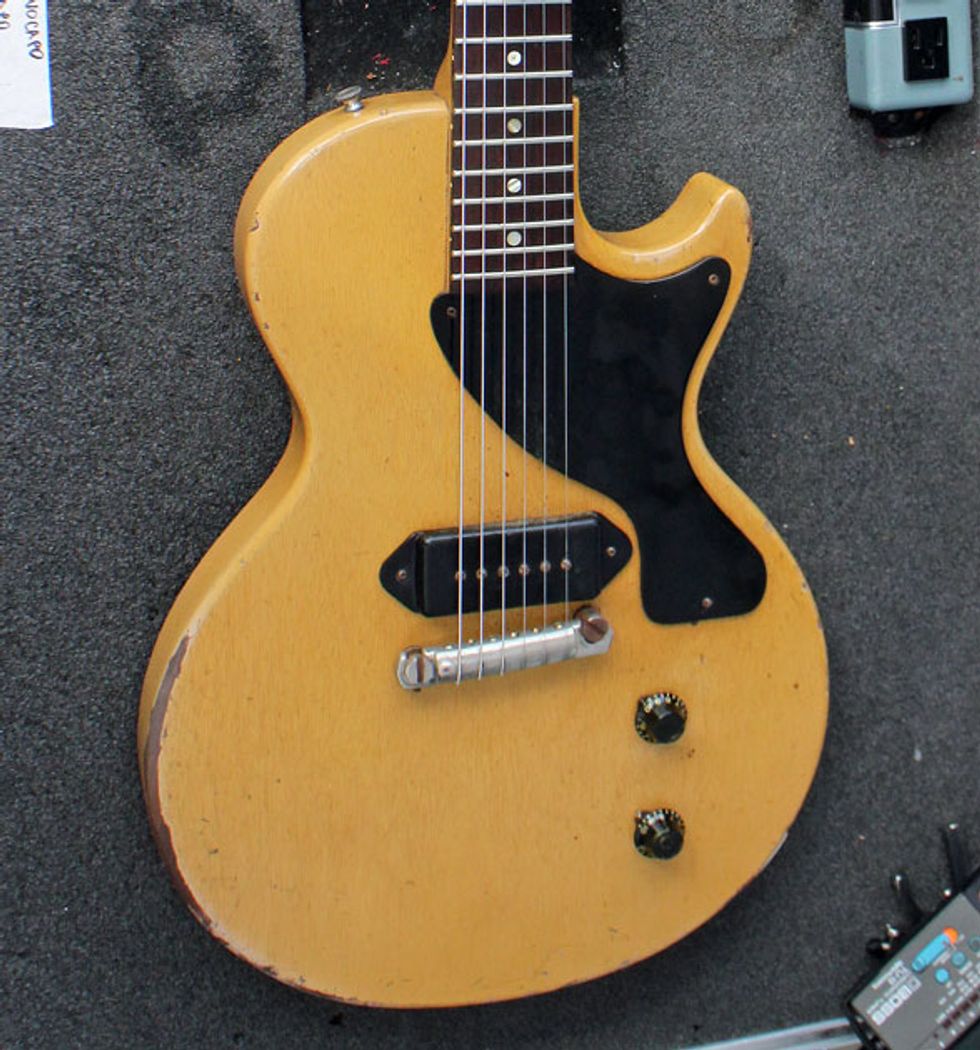
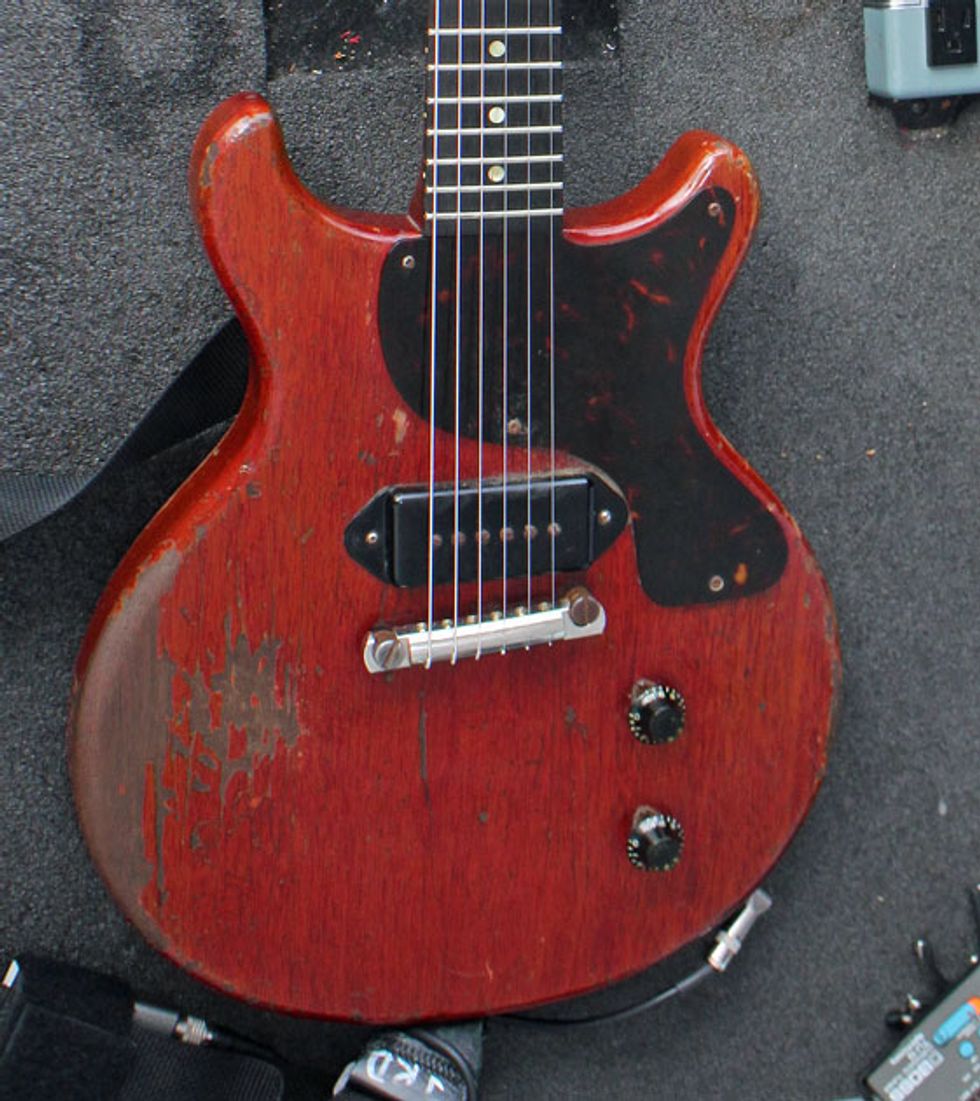
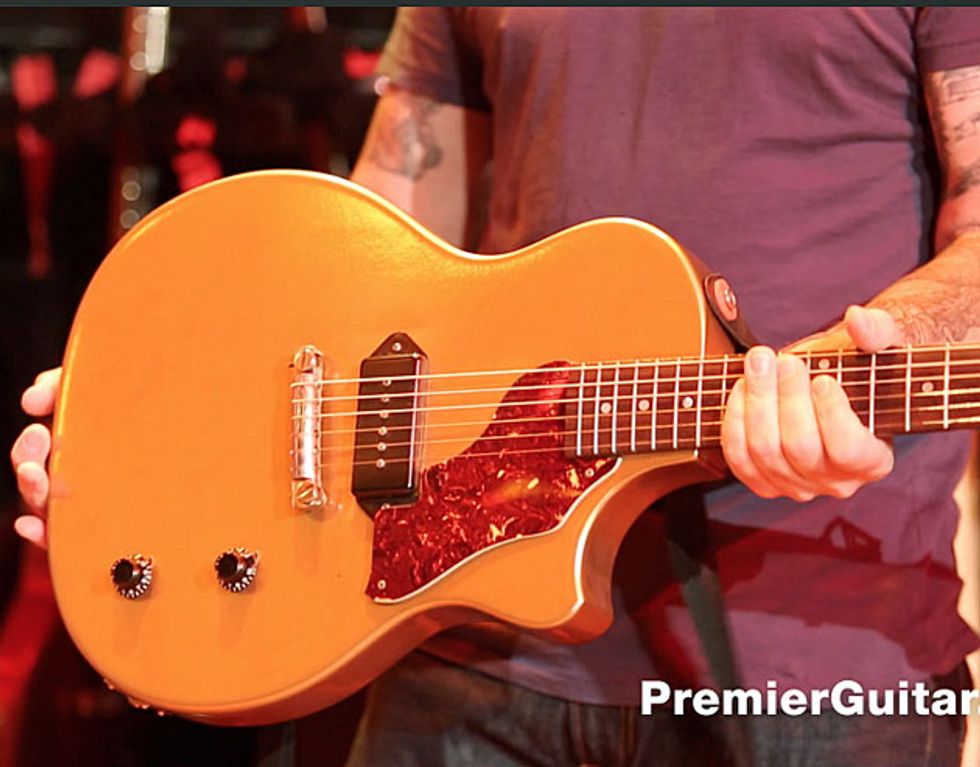
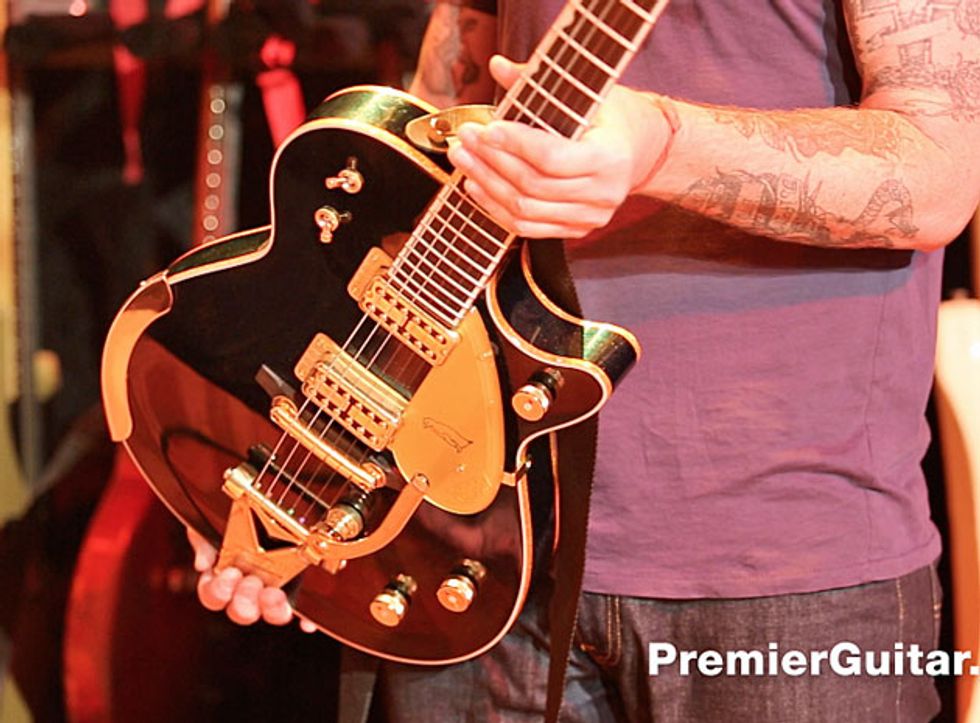
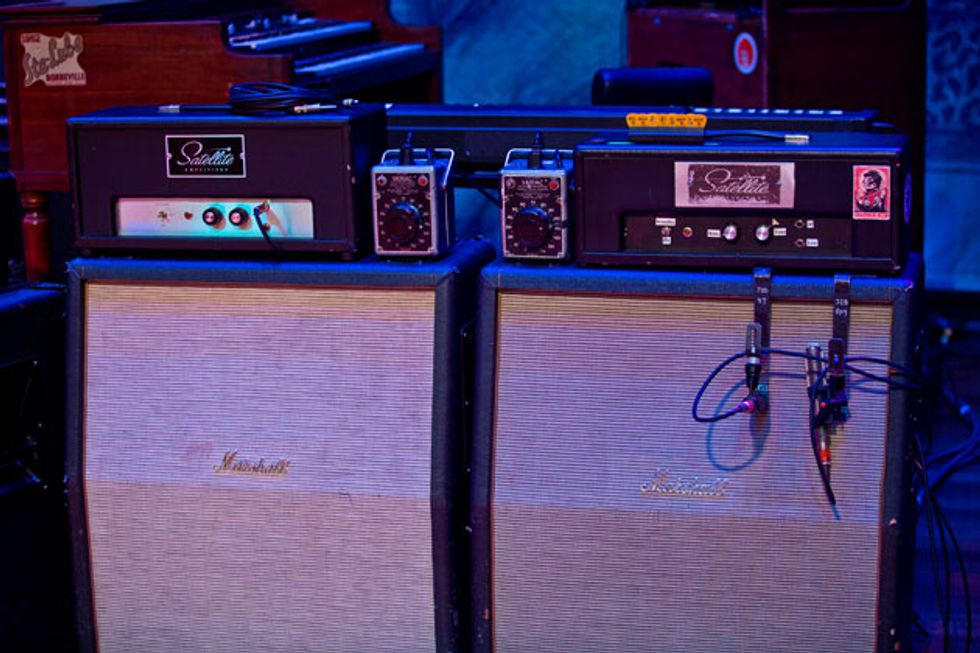
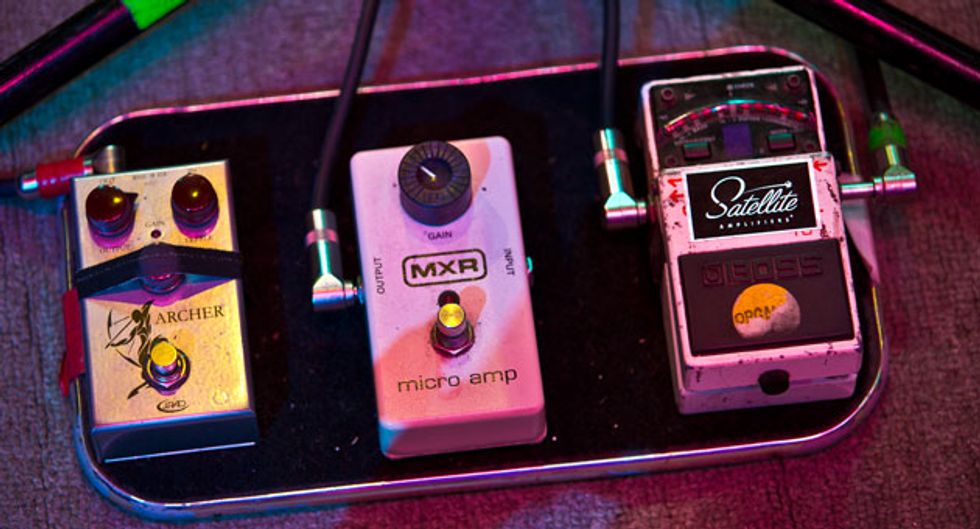
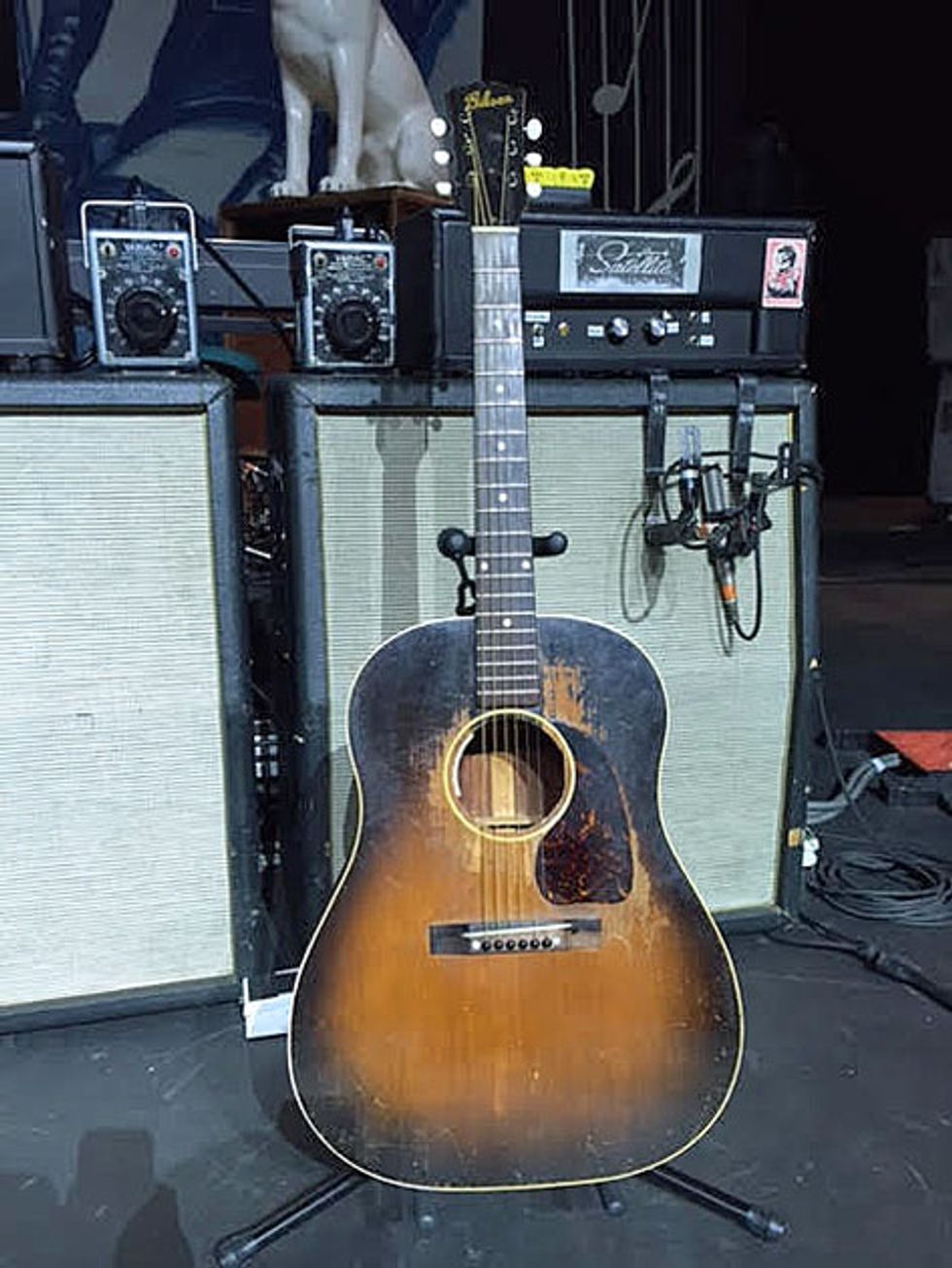
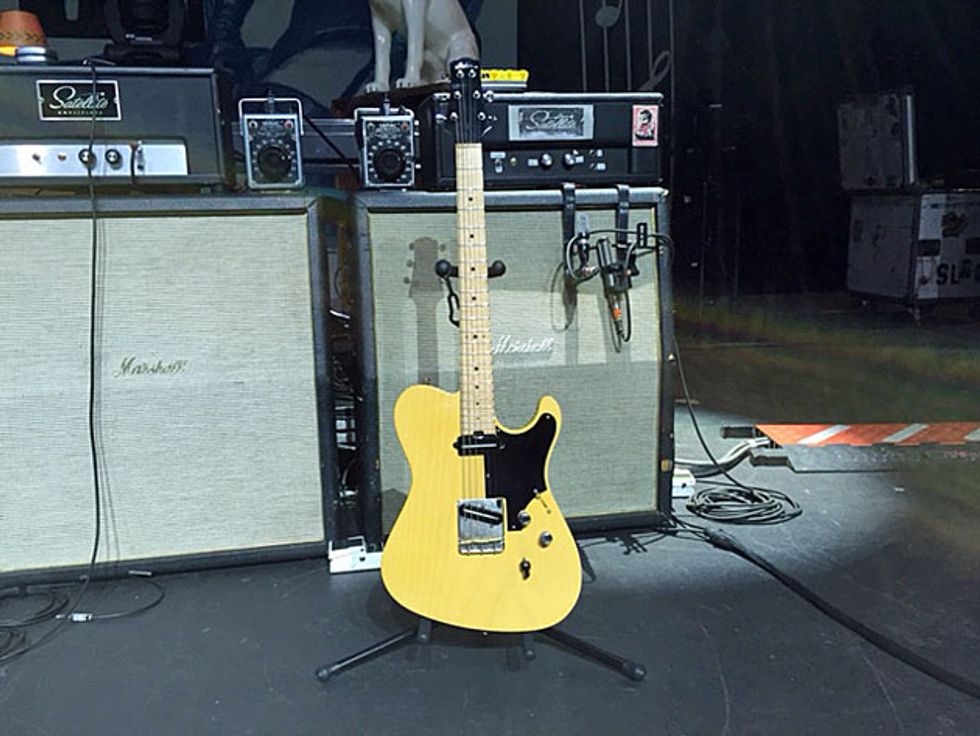





![Rig Rundown: AFI [2025]](https://www.premierguitar.com/media-library/youtube.jpg?id=62064741&width=1245&height=700&quality=70&coordinates=0%2C0%2C0%2C0)












 Shop Scott's Rig
Shop Scott's Rig



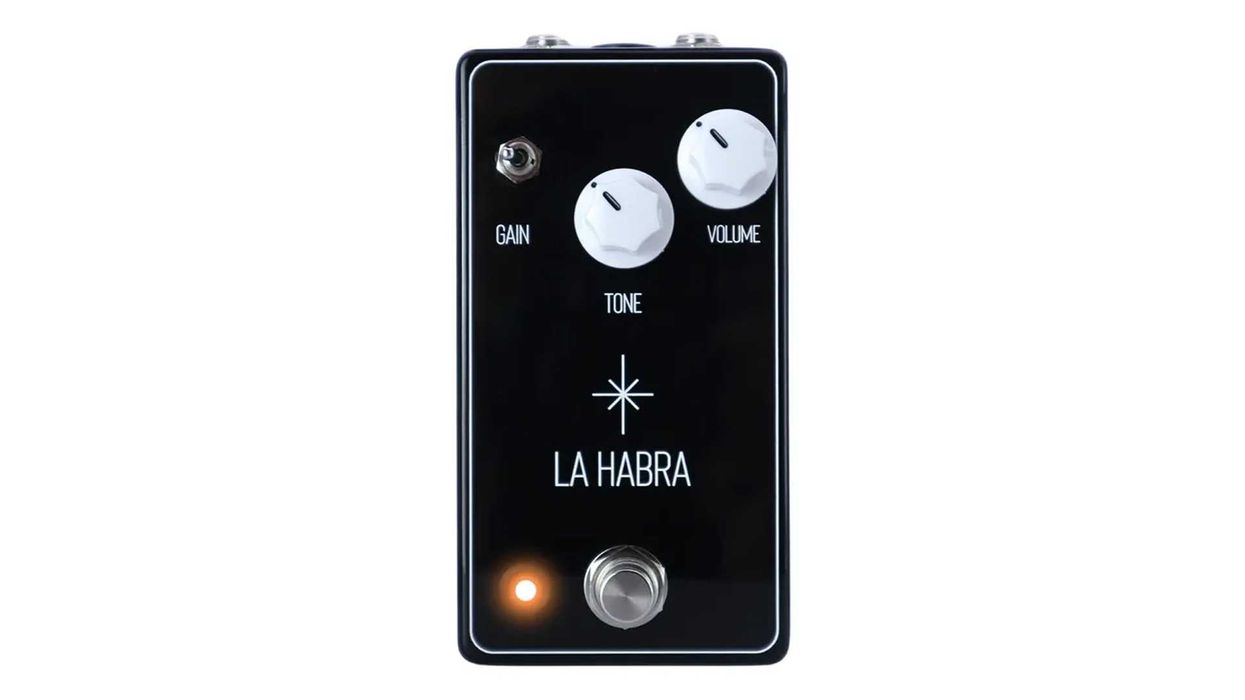
![Devon Eisenbarger [Katy Perry] Rig Rundown](https://www.premierguitar.com/media-library/youtube.jpg?id=61774583&width=1245&height=700&quality=70&coordinates=0%2C0%2C0%2C0)








 Zach loves his Sovtek Mig 60 head, which he plays through a cab he built himself at a pipe-organ shop in Denver. Every glue joint is lined with thin leather for maximum air tightness, and it’s stocked with Celestion G12M Greenback speakers.
Zach loves his Sovtek Mig 60 head, which he plays through a cab he built himself at a pipe-organ shop in Denver. Every glue joint is lined with thin leather for maximum air tightness, and it’s stocked with Celestion G12M Greenback speakers.







